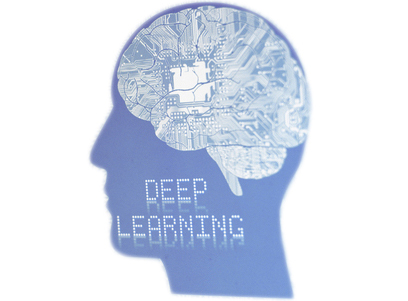
Applications of deep learning in neuroimaging

Information
The estimated time to complete this training module is 2h.
The prerequisites to take this module are:
- the installation module.
- the introduction to python for data analysis module.
Contact Hao-Ting Wang if you have questions on this module, or if you want to check that you completed successfully all the exercises.
Resources
This module will be using the MAIN educational workshop on brain encoding and decoding.
Exercise
Let’s have a look at application on functional data with the MAIN educational workshop on brain encoding and decoding. We will look at the decoding modules. This part is independent from the video above.
Please follow the introduction, set-up your environment and clone the material from GitHub. Please provide your ansers in jupyter notebooks.
Through out this tutorial you will be using the Haxby data set. Please read through and understand how to access it here and go throught the original support-vector machine analysis of the study and complete the exercises.
After understanding the workflow of functional data, please go through the Multi-Layer Perceptron and complete the relevant exercise. If you want a challenge, please feel free to do the harder questions, or do both lessons 🎉.
(Optional) You can learn about the Graph Convolution Network and how to work with timeseries data!
Follow up with Hao-Ting Wang to validate you completed the exercise correctly.
🎉 🎉 🎉 you completed this training module! 🎉 🎉 🎉
More resources
This demo was presented by Jakub Kaczmarzyk during the QLSC 612 course in 2020, the slides are available here.
The video of the presentation is available below:
You can find more information about the nobrainer library on its github repo.
A nature communications article on the superiority of deep learning over standard machine learning in neuromimaging tasks.
A Neuroscience and Biobehavioral Reviews article on deep learnging applications in neuroimaging studies of brain-based disorders. It has a good overview of the general framework of deep learning applications, and descriptions of the main kinds of architectures.
MAIN educational workshop on brain encoding and decoding covers deep learning application to analyse a classic neuroimaging dataset. The tutorial also incooperates the useful features from nilearn to process your neuroimaging data, as well as doing decoding analysis.